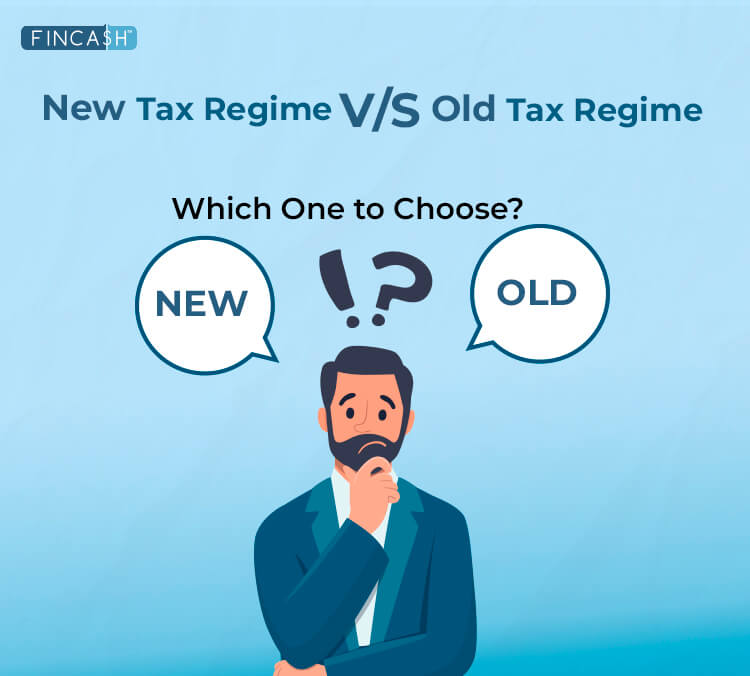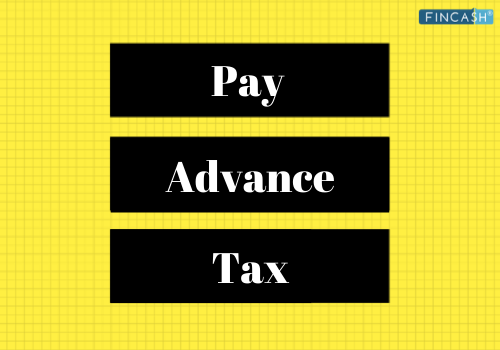
Table of Contents
Generation-Skipping Transfer Tax (GSTT)
What is Generation-Skipping Transfer Tax (GSTT)?
Introduced in 1976, Generation Skipping Transfer Tax meaning is the term used to describe the federal Taxes that are imposed on all the property, wealth, and other valuable assets that are transferred from a traditional generation member to a new generation individual. Now, the tax will be charged on the property that the grandparent’s gift to their children. Before this system was introduced, rich families could hand their properties and wealth to their children without having to pay a single penny as the tax.

Federal tax will be considered valid on the properties and assets that are being transferred as the Inheritance or gift by grandparents to their children. However, the beneficiary (the recipient of the wealth) must be 37 years younger than the person donating or gifting their property. Certain amendments were introduced in the GSTT in 2019. According to these changes, the government made the federal tax compulsory only if the transaction (assets, property, and wealth combined) goes beyond $11.2 million for one person. As a result, the Generation-Skipping Transfer Tax does not apply to a lot of people.
Overview of the Generation-Skipping Transfer Tax
A property or a precious asset that has been transferred between people from different generations will be subject to federal tax. In fact, any transfer that skips a generation will involve property tax. That’s how the name “Generation-Skipping Transfer Tax” was coined. As mentioned above, GSST was launched to avoid people transferring their properties and wealth to their grandchildren or great-great-grandchildren just to save some bucks on the Real Estate tax. Families could no longer avoid taxes by gifting their wealth to their grandchildren.
Talk to our investment specialist
This concept misses the parents’ generation. GSST is launched to make sure that the grandchildren receive the wealth that they would have got from their parents, i.e., if their grandparents had not gifted the property to them. Here, the donator or the individual who transfers the wealth to the recipient is known as the transferor, while the person who receives the gift is called the skip person. Usually, a majority of people consider the grandchildren as skip person. However, the recipient doesn’t necessarily have to be a family member. The transferor can decide to gift the property to anyone they wish. However, the person has to be 37 and a half year younger than the transferor.
The tax is considered valid only when the transferor decides to gift their wealth and property to their grandchildren, i.e., they skip one generation. The tax is imposed to compensate for the real estate taxes that will not be paid for one or more generations. The recipient is supposed to pay 40% of the Generation-Skipping Transfer Tax. Now, the tax is imposed only when the gift exceeds $11.8 million. It is only applied to the transactions that miss a generation. For example, if your grandparents decide to gift their property to your parents, then there will be no generation skip. Hence, the Generation-Skipping Transfer Tax will not be imposed on this transaction.
All efforts have been made to ensure the information provided here is accurate. However, no guarantees are made regarding correctness of data. Please verify with scheme information document before making any investment.












